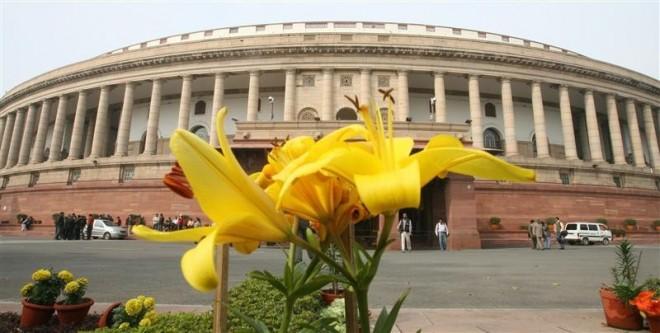
Bharatiya Janata Party's (BJP) finance ministry is considering increasing the Foreign Direct Investment (FDI) in the insurance sector from 26 percent to 49 percent, to attract more international investors and consolidate markets.
The new government is likely to propose voting rights to the investors who want to raise the FDI beyond 26 percent.
It is known that buying health insurance helps save tax. Under Section 80D of the Income Tax Act 1961, one can get a maximum tax benefit of ₹15,000, while for senior citizens it goes up to ₹20, 000. Hence, for a family with senior citizen, the claim amount goes up to ₹35,000.
According to a CNBC TV18 report, along with FDI in the insurance sector, the pension sector is the secondary beneficiary. Moreover, health insurance sector will be the priority of the finance ministry, followed by tax exemption.
"By increasing the FDI level to 49 percent, we can straight away expect an inflow of around USD 1-1.5 billion and that will help boost our foreign exchange reserves. Secondly, you will have USD 1.5 billion capital released from the investors who have made Rs 25,000-crore investment in life insurance industry," the report quoted Hari Narayan, former chairman of Insurance Regulatory and Development Authority (IRDA).
Narayan stated that the insurance sector would immediately receive ₹5,000-6,000 crore of foreign investment, if the capital is increased to 49 percent.
An Economic Times report says that according to the IRDA, health insurance had a 22 percent share in a non-life market in 2012-13, which declined by around eight basis points from a year ago.
The penetration of non-life insurance has remained constant over the last decade. IRDA has mentioned a list of 28 non-insurance companies on its website.
"While allowing up to 49 per cent FDI, we will ask companies to compulsorily offer health insurance. They are willing to do that. Second, we are contemplating higher tax exemption on health insurance. More products and players should be in the market. Third, there should be some regulation of charges levied by private hospitals," a ministry official informed Business Standard.
However, NDA government did not let UPA pass the insurance bill in Rajya Sabha, asserting that the party will deteriorate the growing economy of the nation.
According to the research by Dun and Bradstreet, the gross direct premium collection for the non-life insurance segment has grown at a compound annual growth rate of 18percent in FY01 to FY13.
It's worth noting that the health insurance segment constituted 22 percent gross direct premium in the fiscal year 2013.
Currently, over 50 percent of Indians lack proper healthcare treatment due to the unaffordable costs. Health insurance is one of the factors which can drive awareness to improve the health quality in India.









